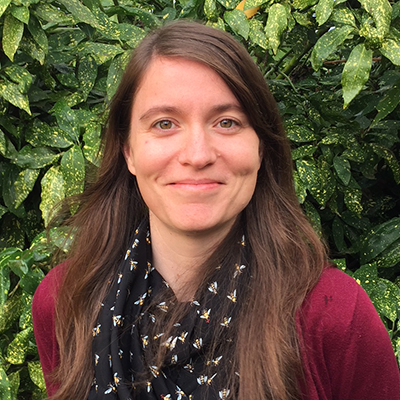
Denying climate change should be out of bounds
This week, the Oregon Legislature’s Joint Committee on Carbon Reduction gave climate deniers a platform to deny basic science.
This week, the Oregon Legislature’s Joint Committee on Carbon Reduction convened to discuss the best way to construct a cap and invest program to reduce our greenhouse gas emissions and tackle climate change. This committee is bicameral and bipartisan and co-chaired by the Speaker of the House Tina Kotek and Senate President Peter Courtney, who have made a commitment to have an inclusive process and have an open sharing of ideas.
During the most recent hearing, the Committee got a presentation from Kevin Dayaratna, a Senior Statistician and Research Programmer with The Heritage Foundation. Mr. Dayaratna started his presentation by denying the basic premise of climate science—that the burning of fossil fuels emits carbon dioxide and other greenhouse gases that are contributing to climate change. From there, he was trying to make the case that the “social cost of carbon” and carbon policy in general harm our economy and are completely unnecessary, because although the climate is changing, humans are not contributing to it. Your basic climate denial.
During the question and answer portion, Mr. Dayaratna launched into conspiracy theories about the mainstream media lying about extreme weather events, well-funded environmental groups pushing their agendas and more. It was an exhausting display of misinformation, paranoia and views that are very far out of the mainstream.
Frankly, we should expect more from the political discourse in our state. It’s one thing to have an “inclusive process” and quite another to give a platform to views that are so far outside of accepted scientific truth. If someone wanted to give a presentation in a committee about how they can prove that the earth is flat, they would never get the chance. Why is climate science any different?
To be clear, I am not afraid of hearing different sides of an issue. I think it’s really important to have a public conversation about the best ways to solve climate change in our state—or even whether we should— but we should be able to start that conversation from a common truth: that climate change is real and humans are the main culprit.
If we can’t have a conversation that starts from that basic premise, how can we ever even begin to solve it?
We no longer have the luxury of time to debate climate science. All of our time needs to be spent finding the right solutions. Our kids and grandkids are counting on us.
Authors
Celeste Meiffren-Swango
State Director, Environment Oregon
As director of Environment Oregon, Celeste develops and runs campaigns to win real results for Oregon's environment. She has worked on issues ranging from preventing plastic pollution, stopping global warming, defending clean water, and protecting our beautiful places. Celeste's organizing has helped to reduce kids' exposure to lead in drinking water at childcare facilities in Oregon, encourage transportation electrification, ban single-use plastic grocery bags, defend our bedrock environmental laws and more. She is also the author of the children's book, Myrtle the Turtle, empowering kids to prevent plastic pollution. Celeste lives in Portland, Ore., with her husband and two daughters, where they frequently enjoy the bounty of Oregon's natural beauty.

